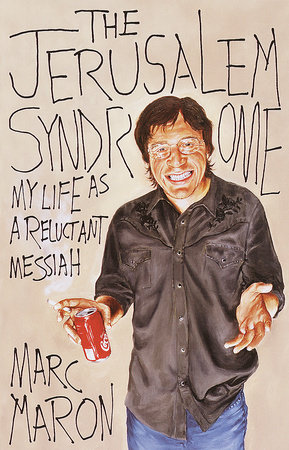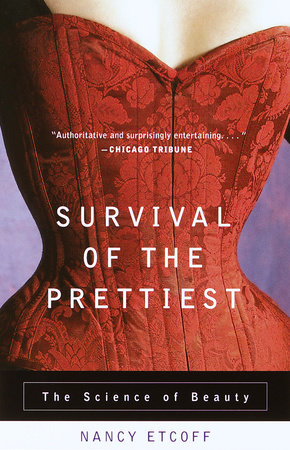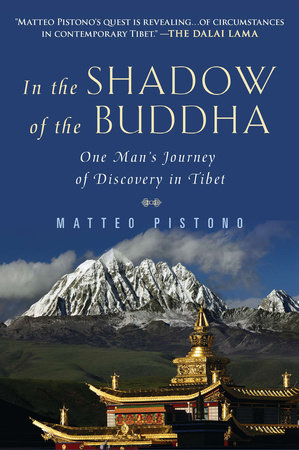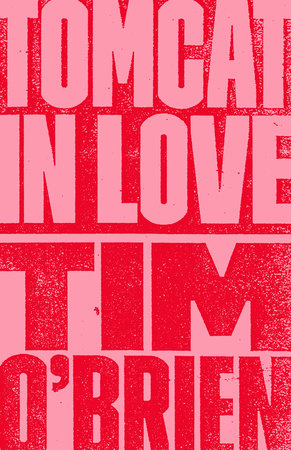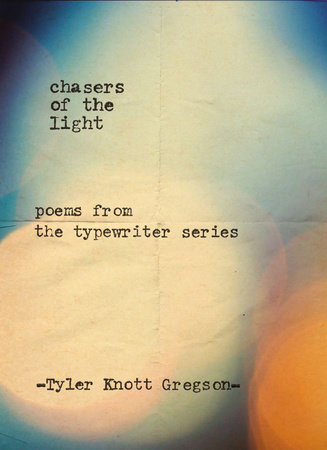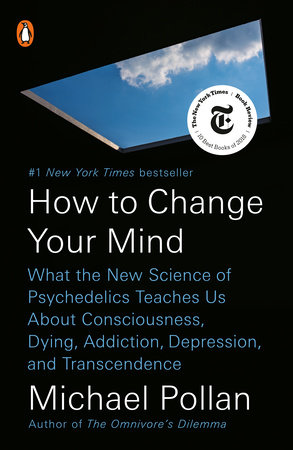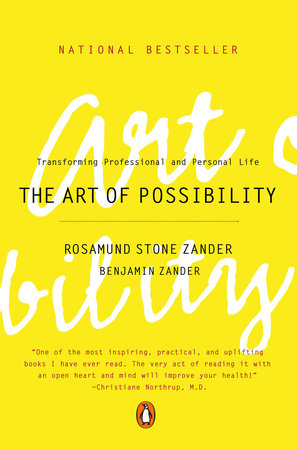A Conversation with Amy Bloom, author of NORMAL
Q: Before writing NORMAL, which of your misconceptions about sexuality and abnormality was strongest? Which beliefs were challenged that you expected to remain firm?
A: My greatest surprise was that so much of what we think is common sense is just prejudice and so much of what we think is scientific fact is about as scientific as the idea that the sun revolves around the earth.
Q: Your second essay, “Conservative Men in Conservative Dresses,” describes your Carnival cruise with a group of cross-dressing men and their wives. How did you prepare for this cruise? What did you say to family and friends? Were you nervous or did you ever feel uncomfortable on the cruise?
A: I prepared for the cruise by worrying about my wardrobe, as I do before any long trip. I said to my family and friends: “I’m going on a cruise with cross-dressers and their wives. What do you think of these pants?” I felt uncomfortable, as one does, because I was an outsider within a group that if not close-knit, certainly knew how to circle the wagons for self-protection.
Q: This same essay drew fire from many transvestites. What was the most common criticism of the essay? How did you respond to it? Would you change the essay at this point, if you had the opportunity?
A: I wouldn’t change the essay at all, except to make it clear that the Rudds were an attractive couple, which they are. Some cross-dressers sent me hate mail, along the lines of, How dare you suggest my wife is unhappy? Others said that it was painful but true. I got a bushel of mail from wives, who said, “This book was my breakthrough, it’s the only thing I’ve ever read that reflects my feelings.”
Q: Who is your target audience? Have you been surprised by the types of people who are reading your book, or by the way in which people have been responding?
A: My target audience is anyone who finds the world interesting and human behavior fascinating, terrible, inspiring, funny, and occasionally, mysterious.
Q: You’ve said that you probably won’t write another book-length work of nonfiction. Why? What have you learned from writing it? Are you glad that you did it?
A: I am glad I wrote it because I learned things and people who’ve read it tell me that they think differently about some things now. That makes it worth it. But I did feel the tug of fiction and of all that I wasn’t doing when I was interviewing and traveling and I can’t imagine anything so compelling that I would give up the fiction again, for so long.
Q: Which writers have influenced you most? Is the set of writers different for you as a nonfiction writer from what it would be if you were working on fiction?
A: I’m sure I’ve been influenced by every fine writer I’ve ever read, from Dickens and Austen to Auden and Jane Hirshfield. And also, the short stories of Updike, Cheever, Munro, Alice Adams, and Doris Lessing. And the plays of Oscar Wilde. And paintings by Alice Neel and Matisse.
Q: One of your most popular stories, “A Blind Man Can See How Much I Love You,” addresses some of the issues you discuss in NORMAL. In what ways does your nonfiction inform your fiction, and vice versa?
A: I think the nonfiction, in this case, really did create the opportunity and the impetus for the fiction. Usually, they stay quite separate (except that what interests me, interests me in all arenas). I wanted to look more into the mind of a mother with a transsexual child and I wanted to make her a more sophisticated woman than the mothers I had met, and I wanted to see her whole life.
Q: You write, in graphic detail, about the mechanics of sex-change operations. Did you feel uncomfortable reporting with such candor? Did it provoke any unexpected reactions from your readers?
A: I didn’t feel uncomfortable about the reporting. I so wanted to be accurate without making people ill (and even so, can’t help the squeamish) and I wanted my readers to understand what was happening, to make at least the medical end less mysterious, if not less grisly.
Q: At what point did you decide on a title? How did it come to you?
A: I always knew it would be Normal—not because I felt that everyone I met and wrote about was normal but because the human range of what is normal is just so much greater than what we like to pretend.
Q: What’s next for you as a writer?
A: Another collection of short stories, a play, a TV series…everything but poetry.






